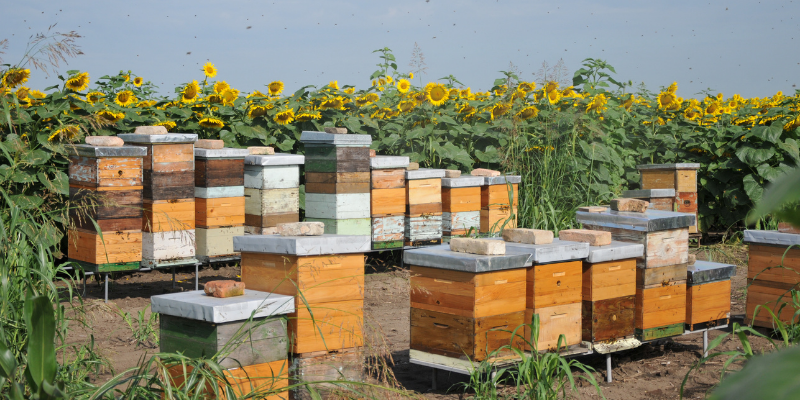News
The Key to Making Money and Saving Colonies

Whether you’re facing a good season or bad, winter always comes, so it pays to plan and prepare for what is always a very predictable event. That’s why smart folks always stack their firewood a season ahead.
So why is it so often that we keep pushing our bees chasing that honey crop with a feverish gold bug? Even when we know the season is bad and the honey price are only a couple of dollars a pound. What is the true cost of this approach? Another season of high losses?
Talking with many beekeepers, the true reason for seasons of bad winter losses seems to be known. We push our bees too hard for too long and don't stop in time to prepare for winter. Every now and again, we get caught out with that early winter snap. Rolling the dice, knowing that we will incur some losses, but just how bad? To make ourselves feel better, we compare ourselves to our neighbours. Oh, I did better than Bob. But is this really a good metric to be making decisions on, is it really worth the gamble?
What if we didn't need to take these losses at all? Have you stopped and considered what the true cost-benefit is of stopping at a known date possibly sacrificing some honey in a good or bad season in exchange for good bees the following spring?
This is where knowing your numbers is so critical. And stopping and making a plan before the season so when you're in the thick of things, you don't need to think, you can just operate following your plan.
To help with this, we have created a little calculator. Just put in your numbers so you can see the potential impact.
If you know these numbers and are prepared beforehand, you can set your deadline or stop date for chasing honey and to start preparing for winter, no matter how the season proceeds. Putting in place a plan that makes money when the seasons are good and protects our downside when the season is bad.
